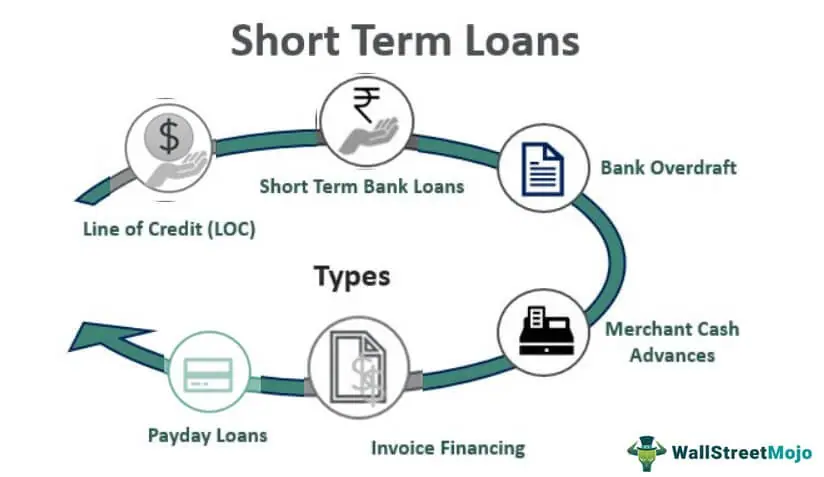Term Loan Definition

Unlike a revolving line of credit, which can be used repeatedly, a term loan provides a one-time lump sum of money that is to be repaid in regular installments. The repayment schedule is predetermined and typically includes both principal and interest payments. The interest rate on a term loan can be fixed, meaning it remains the same throughout the term of the loan, or variable, meaning it can fluctuate based on market conditions.
Term loans can be secured or unsecured. A secured term loan requires collateral, such as property or equipment, which the lender can seize if the borrower fails to repay the loan. An unsecured term loan, on the other hand, does not require collateral but typically has a higher interest rate to compensate for the increased risk to the lender.
Term loans can be obtained from various sources, including banks, credit unions, and online lenders. The terms and conditions of a term loan can vary depending on the lender and the borrower’s creditworthiness. It is important for borrowers to carefully review the terms of a term loan before agreeing to it, as it can have a significant impact on their financial obligations.
Types of Term Loans:
There are several types of term loans available, each with its own unique features and requirements:
1. Traditional Term Loans: These are the most common type of term loans and are typically offered by banks and financial institutions. They have fixed interest rates and repayment terms, making them predictable and easy to budget for.
2. SBA Loans: SBA loans are term loans that are guaranteed by the Small Business Administration. These loans are designed to support small businesses and often have more flexible terms and lower interest rates compared to traditional term loans.
3. Equipment Financing: This type of term loan is specifically used to finance the purchase of equipment for businesses. The equipment being financed serves as collateral for the loan, which can make it easier to qualify for and often results in lower interest rates.
4. Real Estate Loans: Real estate loans are term loans that are used to finance the purchase or renovation of real estate properties. These loans are secured by the property itself and often have longer loan terms and lower interest rates compared to other types of term loans.
Common Attributes of Term Loans:
While the specific terms and conditions of term loans can vary depending on the lender and borrower’s creditworthiness, there are some common attributes that are typically associated with these loans:
1. Fixed Interest Rates: Term loans often have fixed interest rates, meaning that the interest rate remains the same throughout the loan term. This allows borrowers to accurately predict their monthly payments and budget accordingly.
2. Regular Repayment Schedule: Term loans usually require regular monthly or quarterly repayments over the loan term. This helps borrowers manage their cash flow and ensures that the loan is repaid in a timely manner.
3. Collateral: Some term loans may require collateral, such as equipment or real estate, to secure the loan. Collateral provides lenders with added security and can result in lower interest rates and more favorable loan terms.
4. Loan Amount and Term: The loan amount and term of a term loan can vary depending on the borrower’s needs and the lender’s requirements. Generally, term loans offer larger loan amounts and longer repayment terms compared to other types of loans.
5. Application and Approval Process: Applying for a term loan typically involves submitting a loan application, providing financial documentation, and undergoing a credit check. The approval process can vary depending on the lender, but generally involves evaluating the borrower’s creditworthiness and ability to repay the loan.

Emily Bibb simplifies finance through bestselling books and articles, bridging complex concepts for everyday understanding. Engaging audiences via social media, she shares insights for financial success. Active in seminars and philanthropy, Bibb aims to create a more financially informed society, driven by her passion for empowering others.
